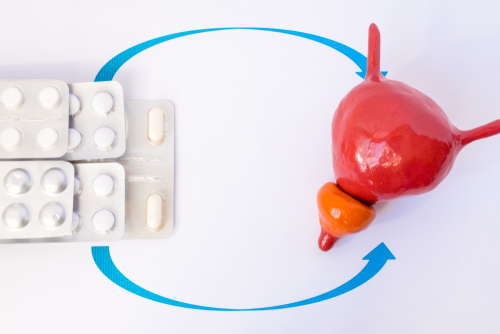New drug may restore bladder function after spinal cord injury
IANS Jun 06, 2018
An experimental drug has shown promise in improving some bladder function after spinal cord injury, raising hope of increasing quality of life of affected patients, suggests new research.

The researchers tested the drug -- which is currently available only for research -- to gauge its potential to improve bladder function after spinal cord injury in mice. After a month-long treatment of the spinal cord injury in mice, the bladder volume decreased significantly to a level close to normal, according to the researcher.
The study, published in The Journal of Clinical Investigation, showed that the experimental drug (LM11A-31) appears to help by blocking the dual activity of pro-nerve growth factor (proNGF) and a receptor called p75. ProNGF is known to be secreted from the cell after nerve injury, the researcher said.
"There are no approved medications to treat bladder dysfunction brought on by spinal cord injuries, something that is a major concern and diminishes quality of life for these patients," said lead researcher Sung Ok Yoon, Associate Professor, at the Ohio State University. "This drug appears to help maintain near-normal bladder pressure and less unexpected expulsion of urine in mice," Yoon added.
In humans, spinal cord injuries sever the communication between the bladder and the brain, leading to the loss of the normal ability to urinate at will. This leads to bladder over-filling, which causes high pressure and bladder enlargement due to thickening of the muscular bladder walls. This can cause urine to return to the kidney, which can lead to kidney infection and disease, the researchers said.
People with spinal cord injury typically rely on a catheter to pass urine, they added. Eventually a new circuit of nervous-system communication is formed within the spinal cord, and it allows urine to be expelled unexpectedly, causing incontinence, according to Yoon.
Because the experimental drug does not restore normal communication between the bladder and the brain, it is certainly not a cure, Yoon said. Based on the mouse study, however, patients are likely to experience reduced bladder volume, which would lower the risk of bladder infection and reflux to the kidney, and less incontinence, Yoon added.
-
Exclusive Write-ups & Webinars by KOLs
-
Daily Quiz by specialty
-
Paid Market Research Surveys
-
Case discussions, News & Journals' summaries